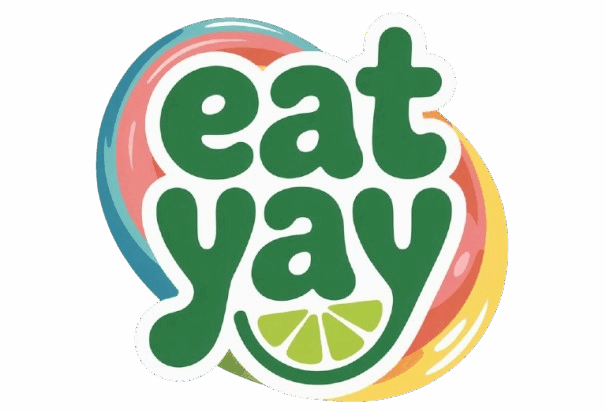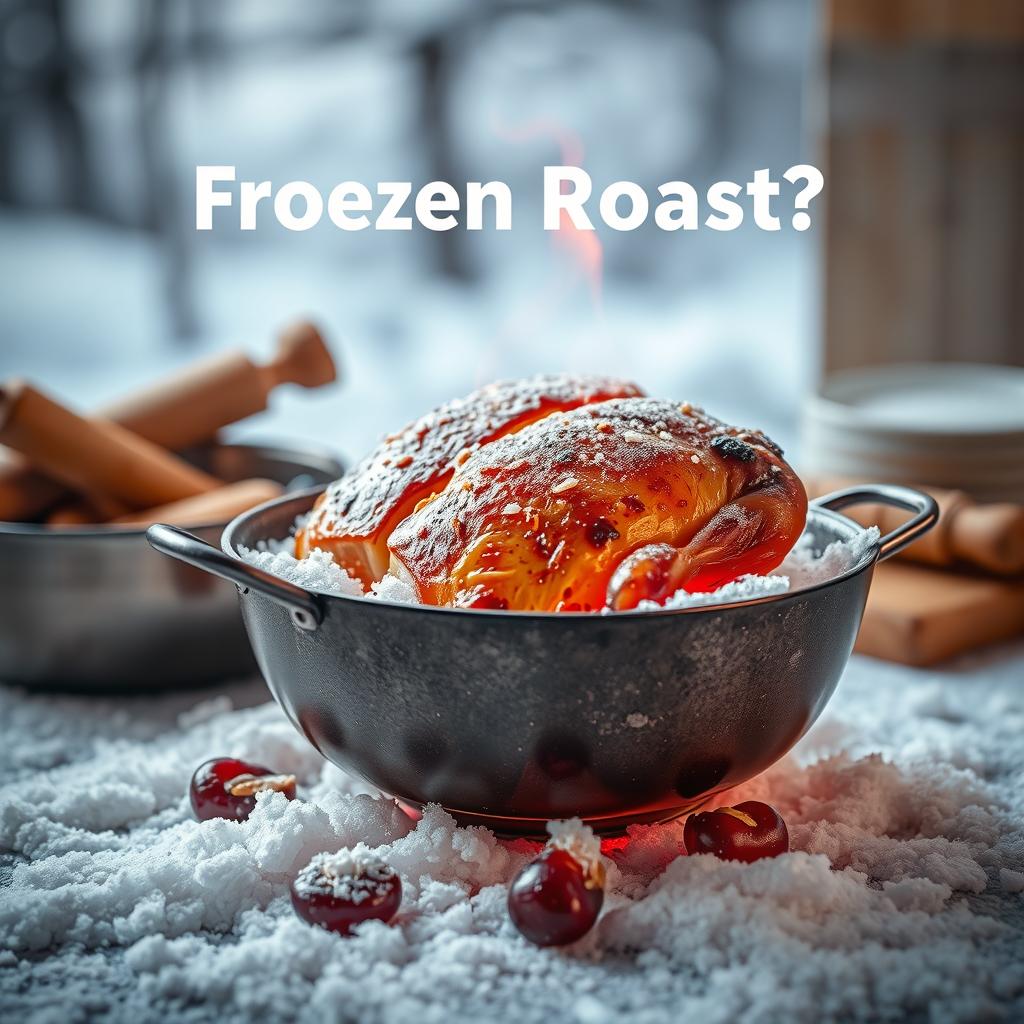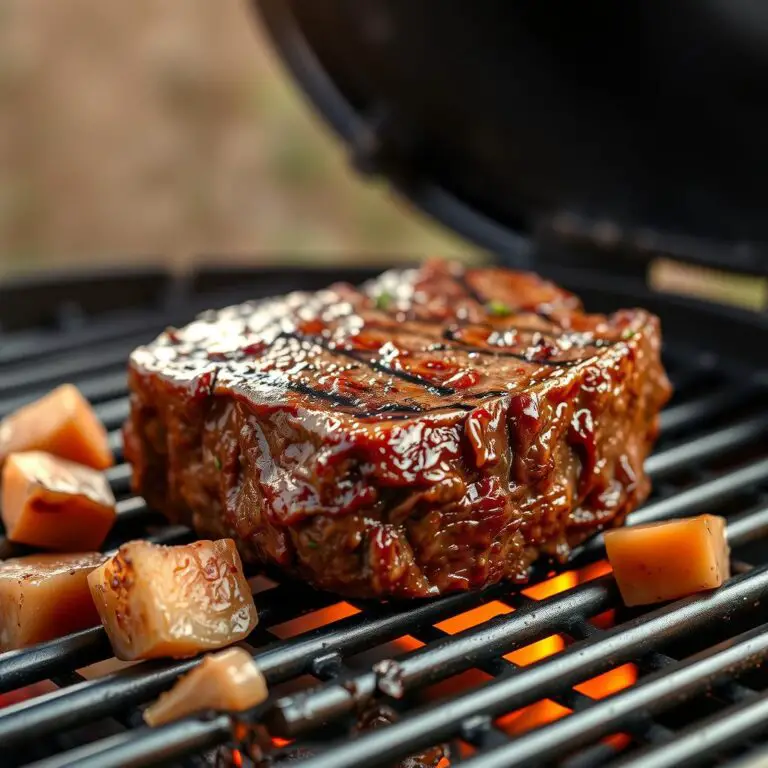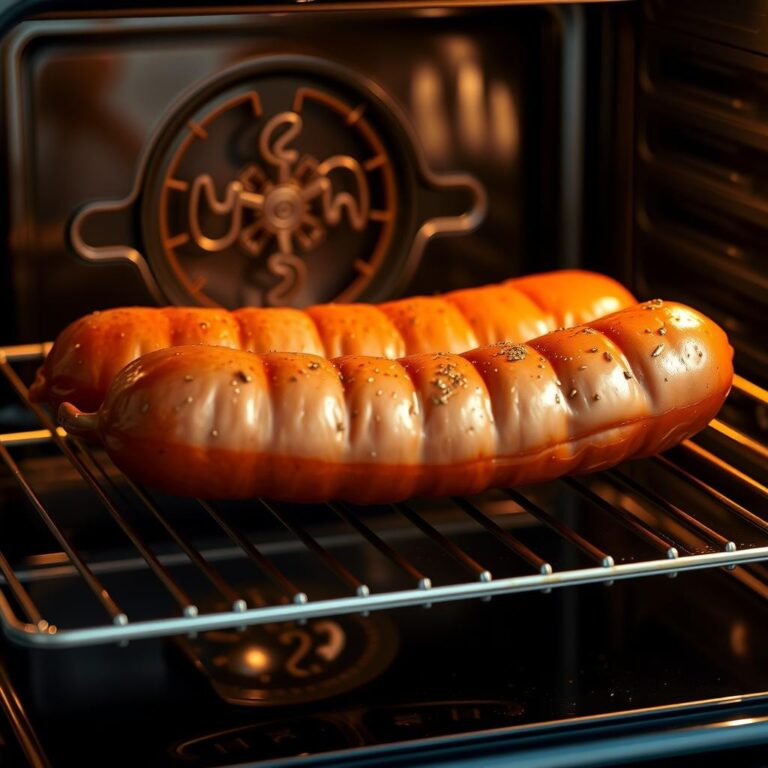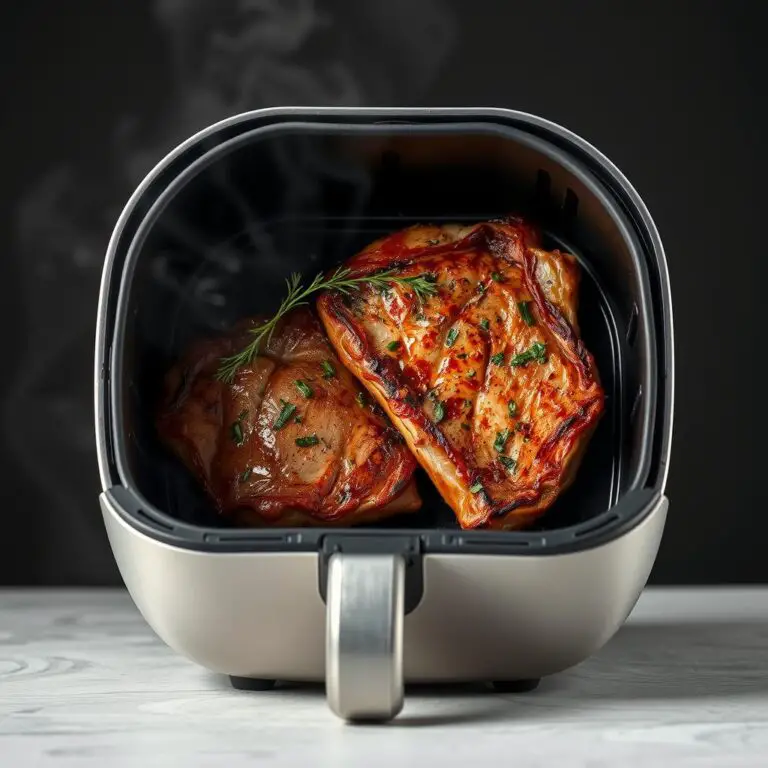Can you cook a frozen roast? This question pops up more often than you’d think. Especially when you’re staring at a rock-hard roast that you forgot to thaw but still need to feed a hungry family. Let’s dive into the nitty-gritty and see if we can make a delicious meal from that frozen solid slab of meat.
Is Cooking a Frozen Roast Possible?
Many of us have been there. The roast is solid as a rock, and we’re scratching our heads. The good news is, yes, you can cook a frozen roast. It’s not science fiction. It’s actually a practical solution when plans change or we just forget to take the roast out of the freezer.
Why Consider Cooking from Frozen?
Skipping the thawing process can save time and hassle. Plus, there’s a bonus: cooking a frozen roast can help retain more moisture, avoiding that dreaded dry roast scenario.
How to Cook a Frozen Roast Successfully
Let’s break it down so even if you’re new to the kitchen game, you can handle this like a pro.
- Preheat Your Oven: Set it to 325°F. Slow and steady wins the race here.
- Season the Roast: Even though it’s frozen, sprinkle your preferred seasoning to infuse flavor during cooking.
- Place in a Roasting Pan: Use a roasting pan with a rack. This allows air circulation, ensuring even cooking.
- Check the Internal Temperature: Use a meat thermometer. Beef roasts should hit an internal temp of at least 145°F.
Types of Roasts
Not all roasts are the same, and knowing what you’re dealing with helps ensure success.
- Beef Roast: Consider chuck or rib roasts.
- Pork Roast: Think loin or tenderloin for a juicy outcome.
- Lamb Roast: Shoulder or leg can work from frozen.
Cooking Times Vary
A frozen roast will take about 50% longer to cook than a thawed one. If a thawed roast takes 2 hours, a frozen one might take around 3 hours.
Using a Slow Cooker
Can you cook a frozen roast in a slow cooker? Absolutely. In fact, this method ensures a tender, flavorful result. Just set it on low and let it do its thing for several hours.
Safety Concerns
It’s crucial to reach the safe internal temperature to avoid any foodborne illnesses. Use a meat thermometer to be safe.
Trying Out Different Flavors
Experiment with spices, herbs, or marinades. Cooking a roast from frozen can still pack a flavorful punch.
What if you could turn that freezer dilemma into a kitchen victory? Cooking a frozen roast opens endless possibilities and adds some culinary flair to your routine. No longer will you worry about having to cook a roast that feels like an ice cube. Give it a shot, and you might just find a new kitchen hack to add to your arsenal!
Can you cook a frozen roast and make it taste fantastic? Absolutely. Let’s get into some real-world strategies. Imagine it’s one of those crazy days, you forgot to thaw your roast, and now there it sits—frozen and staring at you like a challenge. But no worries. We’ve all been there, and I’m here to help you handle it like a rockstar.
The Benefits of Cooking a Frozen Roast
Cooking a frozen roast isn’t just about saving face when you forget to thaw. It’s a smart tactic. First off, less planning. You don’t need to remember to pull the roast from the freezer the night before. Second, you retain more moisture during the cooking process. Dry roasts become a thing of the past. Who doesn’t want a juicy, flavorful meal every time they cook?
Correct Tools and Preparation
Now, let’s talk about tools. Having the right gear can make or break your frozen roast success story.
- Meat Thermometer: This is non-negotiable. You need to ensure your roast hits the safe internal temperature.
- Roasting Pan with a Rack: Allows for air circulation and even cooking.
- Sharp Knife: Make at least a few cuts on the surface for better seasoning penetration.
Once you’ve gathered your tools, it’s game time. Sprinkle that rock-solid roast with seasoning. Don’t skimp here. Salt, pepper, garlic powder, or whatever tickles your taste buds. These will enhance the flavors and make you look like a pro chef.
Tackling the Cooking Process
Cooking a frozen roast is easier than you might think. It’s all about knowing the steps and sticking to them. I’m here to guide you through the short road from frozen block to feast.
- Oven Temperature: Set your oven to a steady 325°F. This will ensure the roast cooks evenly.
- Cooking Spray: Lightly coat your roasting pan to prevent sticking.
- Add Vegetables: Toss some carrots, onions, and potatoes around your roast for a complete meal.
- Cover as Needed: If the top browns too quickly, tent the roast with aluminum foil to avoid burning while the inside cooks through.
Here’s a tip: Keeping a notebook of roasting times for different roast weights can boost your cooking confidence.
Time and Patience
Time management is key here. A frozen roast will take about 50% longer to cook compared to a thawed roast. Keep your cool. It’ll be worth it once you get a taste of that tender meat.
If your gut says it’s done, let the thermometer confirm it. Always ensure the thickest part of your roast reaches at least 145°F for beef and 160°F for pork.
Savor the Slow Cooker Method
Let’s not forget the almighty slow cooker. It’s a winning choice for cooking a frozen roast. What could be better than tossing your ingredients in, setting the cooker to low, and walking away? You come back to a tender, flavorful masterpiece.
Preparing the Slow Cooker
Being specific doesn’t hurt here.
- Season Generously: Just like oven roasting, don’t skimp on flavor enhancers.
- Add Liquid: Include some broth or wine for moisture and taste.
- Set It: Low and slow for 6-8 hours results in a melt-in-your-mouth roast.
Innovate with Flavors
Cooking a frozen roast doesn’t mean you’re stuck in a flavor rut. Get experimental. Add bold spices or try a marinade. You could even sprinkle in some taco seasoning for a delightful twist.
Try mixing classic herbs like rosemary and thyme with a kick of cayenne for a unique combo that elevates your meal.
Safety First
Nothing is more vital than safety in the kitchen. Reaching the right internal temperature is a non-negotiable must-do. It’ll keep unwanted guests like foodborne illnesses far, far away.
With that said, here are some common questions answered:
FAQs about Cooking a Frozen Roast
- Can you go straight from the freezer to oven? Yes, you can, but adjust the cooking time accordingly.
- Can you cook other frozen meats the same way? It depends on the cut and type of meat, but often the same principles apply.
- What’s the biggest advantage of cooking a frozen roast? The simplicity and moisture retention are hard to beat.
- How do I make sure it doesn’t dry out? Slow and consistent heating, plus checking the internal temperature regularly.
Conclusion: Embrace the Challenge
Can you cook a frozen roast and make it taste amazing? Yes, you absolutely can. When meals need to be served and a perfectly thawed roast isn’t an option, you’ve got this playbook to tackle that frozen dilemma with finesse. Happy roasting!
